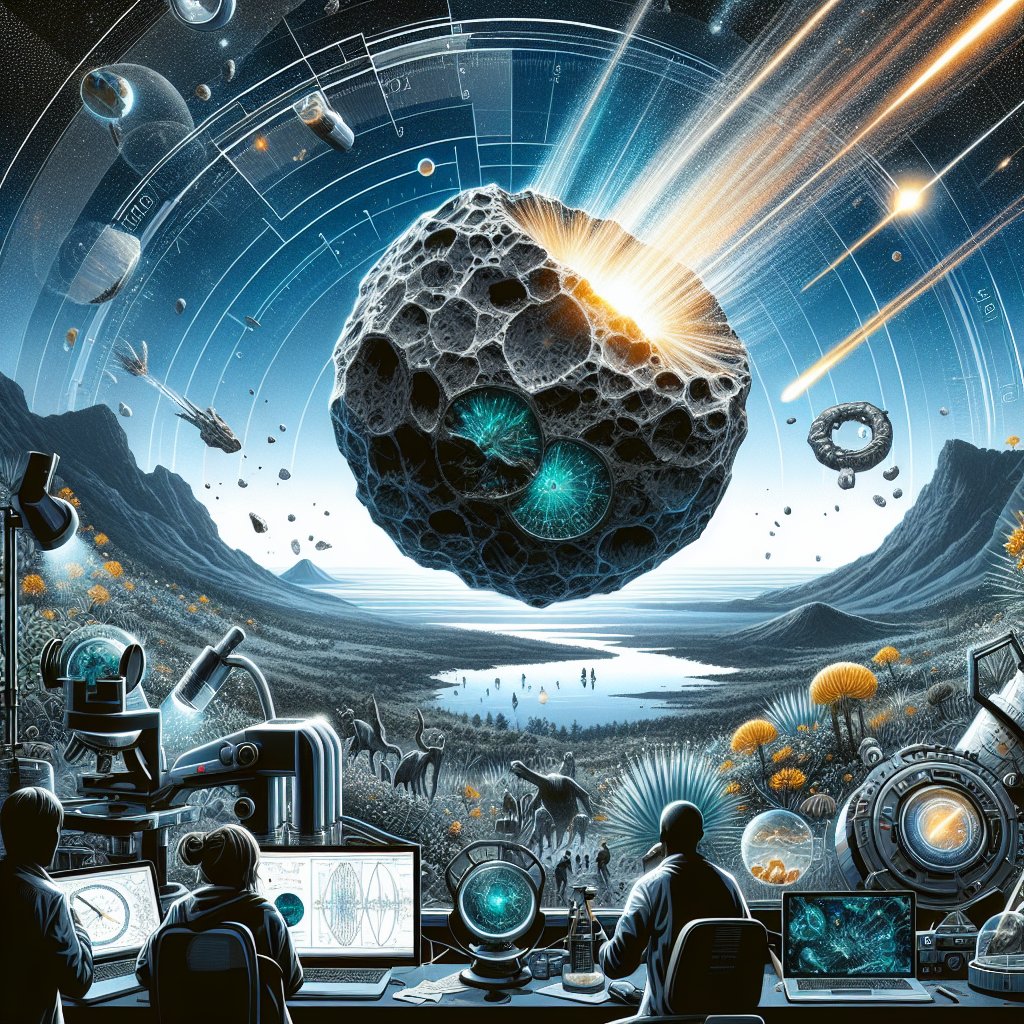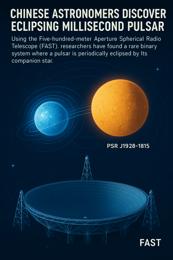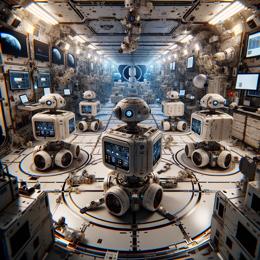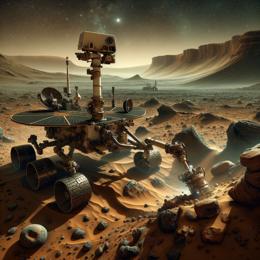Image created by AI
Rare "Nqweba Meteorite" Discovery in South Africa Promises New Insights into Planetary Science
A rare meteorite fragment known as the "Nqweba Meteorite", named after its landing spot near the Eastern Cape town of Nqweba, has been unearthed thanks to the keen eye of a local child and the swift action of scientific institutions. Its fall from the skies on August 25, 2024, turned into a significant celestial event observed by many across the Garden Route, the Karoo, as well as the Western Cape and Free State provinces – captivating onlookers with a vivid streak of blue-white and orange light.
The awe of this natural occurrence swiftly transitioned into a rigorous scientific pursuit. With Rhodes University, Nelson Mandela University, and the University of the Witwatersrand (Wits) at the helm, the meteorite's journey is being meticulously retraced. Dr. Carla Dodd of Nelson Mandela University was pivotal in securing the fragment from young Eli-zé du Toit who discovered the space rock in her grandparents' garden in Nqweba.
Dr. Deon van Niekerk, representing Rhodes University, has been instrumental in obtaining the necessary permissions for the meteorite's recovery, emphasizing the region's deep connection to this extraordinary event. Wits University's Professor Roger Gibson underscored the immediate and urgent response to such episodes for the collection of data and the explanation of the phenomenon to the public, further fueled by insights from his colleague, Dr. Leonidas Vonopartis.
Preliminary analysis suggests that the Nqweba Meteorite is an achondritic specimen from the Howardite-Eucrite-Diogenite (HED) group, distinguished by its unusual composition and appearance. Weighing less than 90 grams and a pre-fragmentation diameter under five centimeters, its unique structure includes a glassy dark coating with a contrasting light grey interior marked by distinctive green grains.
The coordinated efforts are not just a triumph for the scientific community but also for the preservation of the region's heritage, as noted by Dodd. Van Niekerk similarly reflects on the regional pride and significance of such an event. With further investigations planned, focusing on microscopic and geochemical analysis, the anticipation builds on what the Nqweba Meteorite could reveal about the cosmos and its parallels to Earth.
The discovery positions South Africa as a notable contributor to planetary science, potentially unlocking secrets of meteoritic origins and emphasizing the invaluable role these space messengers play in understanding our place in the universe.










